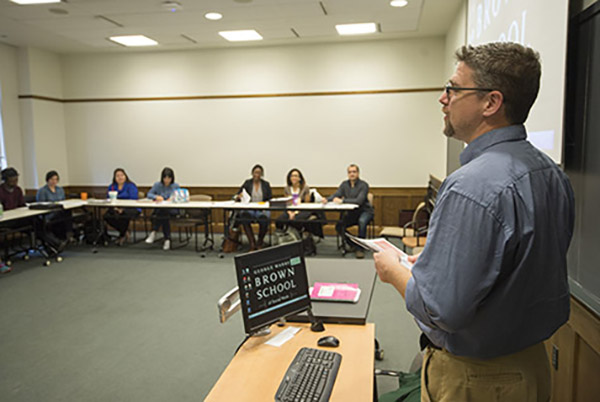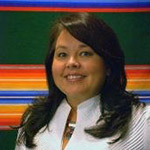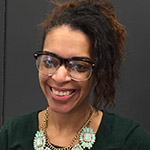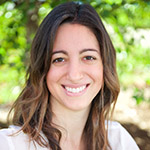
Cultural education through tourism. An app for assisting physical therapy patients. A self-care subscription box.
These are a few of the business concepts being launched during this semester’s social entrepreneurship class at the Brown School at Washington University in St. Louis.
Interest in the course, and in entrepreneurship in general, has been so high since its inception several years ago that a formal social entrepreneurship program — the first social entrepreneurship program in the country based in a social work setting — was launched in 2011.
“Students have taken to the concept of innovation and technology as viable ways help address some of the major social issues our world is facing,” said Joseph Steensma, EdD, professor of practice at the Brown School and instructor of the course.
When Steensma took over teaching the course two years ago, he shifted the focus from theory to launching actual businesses.
“I’ve tried to make it less theoretical and more about getting these ideas to market,” Steensma said. “And we’ve been quite successful.”
Last semester, two businesses launched from the class — AnthroFiles, a social enterprise which helps prepare communities to address the unique needs of refugees and immigrants, and Humans of St. Louis, a Facebook page dedicated to telling the stories of the people of St. Louis.
“The idea for me is to incentivize students to launch,” said Steensma, who has launched several successful startups in his career.
“I want them to learn how to fail, that failure is OK,” he said. “They are at a point in life where generally if they fail, they aren’t affecting a spouse or a child’s college savings plan. The cost of failure is very low.”
If students do launch a company, Steensma personally pays for all of their administrative filing fees “so there is no financial barrier to launching,” he said.
A few of this semester’s business concepts are:

Hope Nation
(Team members: Stephanie Gutierrez, Cara Cheevers, Yujie Bai and Durrell Smith)
“Hope Nation is a travel company that serves as an agent between Native American tribes and travelers,” said Gutierrez, a second-year master of social work student and a member of the Oglala Lakota tribe.
“There are 566 federally recognized Native American tribes in the United States and we want to increase economic activity for all of them,” Gutierrez said. “Our aim is to educate people through tourism and increase business opportunities and employment for the people who live in Native American communities.”

Balance
(Team members: Brandice Carpenter and Erica Jordan)
“Balance is a self-care subscription box sent on a monthly basis to help people know what it means to care for themselves,” said Carpenter, a second year master of social work student. “It’s for anyone who wants to know what it means to truly relax and care for themselves.”
Users receive monthly shipments of a variety of items aimed at relaxation and pampering, such as pens and paper, bubble bath, candles and more.
“At the Brown School, we talk a lot about the importance of self-care and really taking the time to step back from school and work so we can be at our most efficient,” Carpenter said. “We want to share that with other people.”
Carpenter and Jordan intend to use their business as a way to develop other small business entrepreneurs who come from disadvantaged situations.

Sit 2 Fit
(Team members: Kaitlin Graff, Alayna Dibo, Ally Melvin and Madeleine Sein)
“Sit 2 Fit is working on increasing physical therapy compliance by using a technology solution,” said Graff, who graduated Dec. 5 with dual masters’ degrees in social work and public health. “We are developing a way for people to use an app to show them different exercises their physical therapist has prescribed. The app will be linked with the patient’s physical therapy office and offer an easy way for the therapist to demonstrate exercises and customize a program for the individual.”
Graff and her team are trying to reduce health-care costs and improve outcomes for people with musculoskeletal disorders.